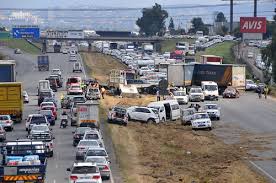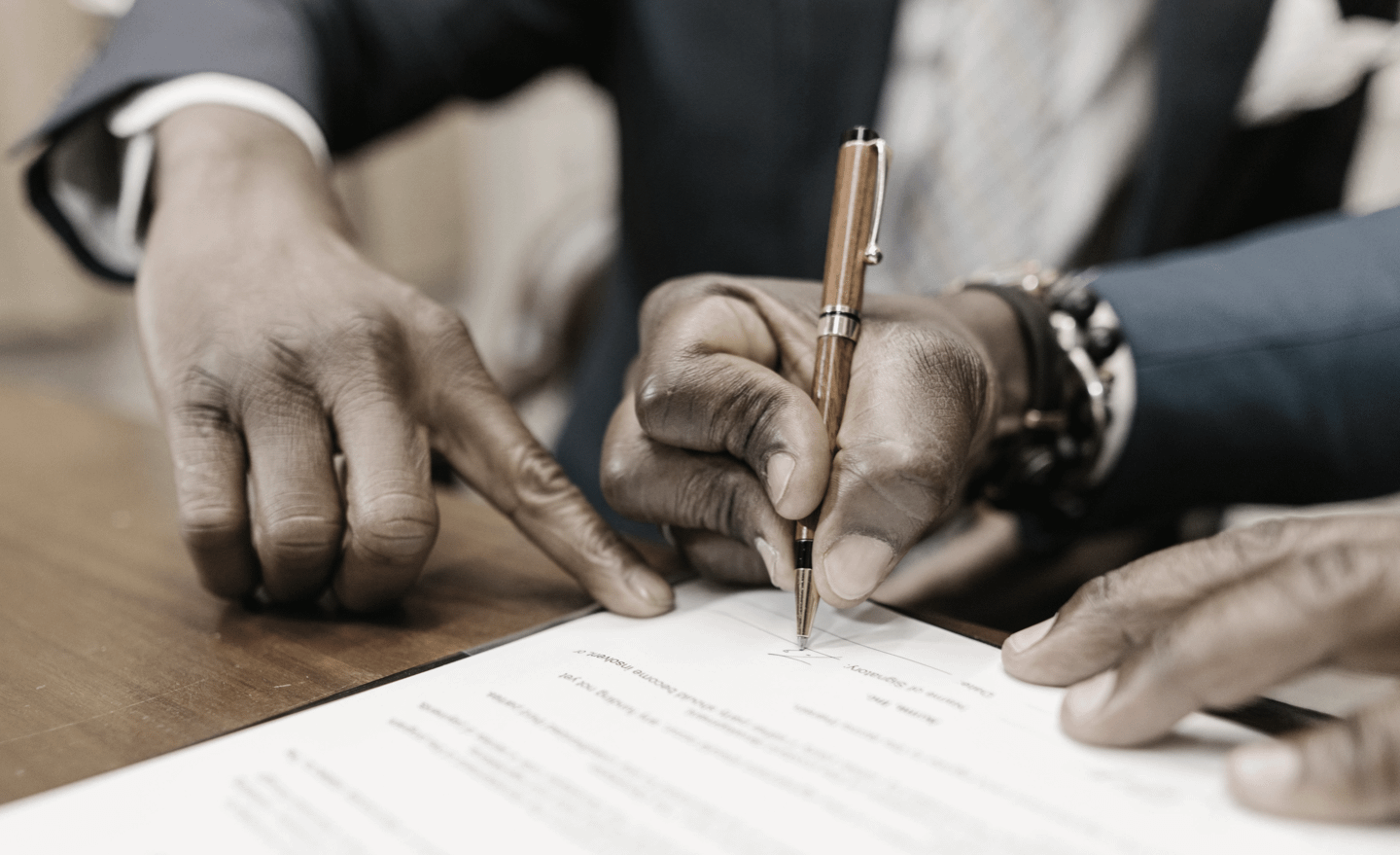A single-car collision can result in serious injuries such as spinal cord injury, back and neck injuries, concussions, fractured bones, brain injuries, and many more. Just because you were the only driver involved does not necessarily mean that you cannot recover compensation or that you were at fault.
Determining fault in a single-vehicle accident can be more complex than in a regular road accident, which is why seeking help from car accident attorneys in Charlotte is highly recommended.
How Do Single-Car Accidents Occur?
While causes of single-vehicle crashes vary from one accident to another, some of the most common factors contributing to these crashes are:
- Flipping over
- Losing control of the vehicle
- Running off the road
- Spinning out of control
- Swerving to avoid road debris
- Suffering a vehicle malfunction
- Colliding with a tree, pole, or another fixed object
- Smashing into a guardrail
- Hitting a deer or another animal racing across the road
One of the most common causes of single-vehicle crashes is swerving to avoid road debris or a dangerous condition. When this happens, the injured driver in a single-vehicle accident might be able to recover damages from another motorist or the party responsible for maintaining the road where the accident occurred.
A motorist might also seek compensation from a government or public entity for inadequate traffic delineators and faulty road signs, which caused his or her single-car crash. If traffic delineators or road signs are missing or broken, a driver cannot be reasonably expected to operate a motor vehicle safely.
Run Off the Road Single-Car Crashes
Let’s focus our attention on run off the road car accidents, or the so-called ROR crashes. According to the NHTSA, run off the road accidents account for about 70 percent of all fatal single-car accidents in the U.S.
A motorist can run off the road not only when he or she falls asleep behind the wheel but also after striking a stationary object such as a tree, light pole, guardrails, road signs, or debris.
Depending on what caused the run of the road crash, the motorist might be able to recover damages from a public entity for its failure to design broader shoulders, improper road design, poor curb banking, inadequate friction on the roadway, failure to remove road debris in a timely manner or other forms of negligence.
Who Is At Fault for a Single-Vehicle Accident?
Contrary to popular belief, the driver involved in a single-car crash is not automatically at fault for causing the accident. Multiple other parties could be held liable for this type of crash, including:
- A government entity (i.e., the city of Charlotte) for failure to remedy or repair poor road conditions and other hazards;
- Another motorist (i.e., if debris fell from another driver’s vehicle);
- The manufacturer of the vehicle if, for example, its brakes failed or one of its parts malfunctioned; and
- Pedestrians and others who may have contributed to the crash.
To recover damages in North Carolina, a person is required to prove that another party was fully at fault for causing his or her damages. North Carolina is a contributory negligence state barring the claimant from getting compensated if he or she contributed to the losses.
Speak to a Charlotte single-car crash attorney at Brown Moore & Associates, PLLC, to determine fault and identify liable parties in your accident. Call at 704-335-1500 (local) or 800-948-0577 (toll-free) to evaluate your case.





